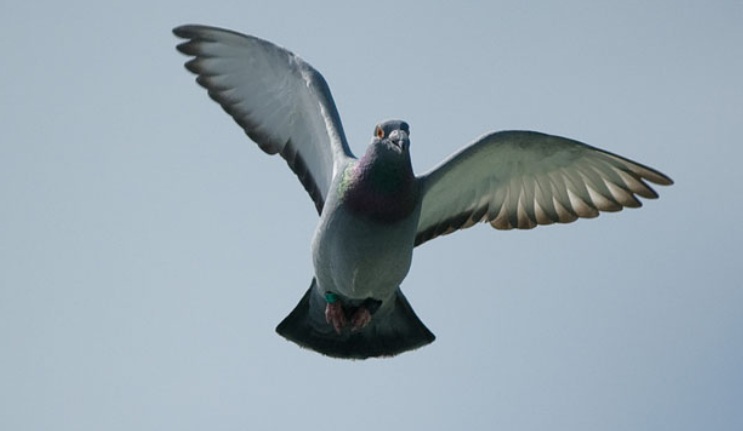
Pigeon Health Matters to be successful A Guide to Keeping Racing Pigeons at Peak Health
When it comes to maintaining the health and performance of racing pigeons, success hinges on a structured, proactive, and informed care strategy. Racing pigeons face different challenges than those in closed lofts or aviaries, where health management is often more straightforward. In contrast, racing lofts expose pigeons to elevated disease risks due to constant mingling with birds from other lofts and the stress of transport and competition.
For pigeon fanciers aiming to build high-performing flocks, understanding how to support natural immunity and minimize over-reliance on medication is key. This blog post will walk you through a veterinarian-recommended year-round pigeon health plan, divided into six essential stages.
Why Pigeon Health Matters
Racing pigeons are elite athletes of the avian world. Their health is not just about avoiding illness—it’s about optimizing performance, resilience, and longevity. When disease strikes during racing season, performance drops, recovery is slow, and the entire season can be compromised.
Moreover, birds in racing lofts are at heightened risk due to:
-
Exposure to unfamiliar pathogens at races and training tosses
-
Stress-related immune suppression during travel and high competition periods
-
Environmental variability such as changing temperatures, humidity, and ventilation between lofts
That’s why pigeon health needs a targeted approach balancing preventive care, strategic medication, and natural immune development.
The Six-Stage Health Plan for Racing Pigeons
Veterinary experts recommend dividing the pigeon care calendar into six specific stages. Each stage has distinct health goals and care priorities.
1. Pre-Breeding Stage: Laying the Foundation
Timeframe: 4–6 weeks before pairing
The pre-breeding stage focuses on clearing up any health issues from the previous year and preparing stock birds for a strong breeding season.
Goals:
-
Eliminate parasitic infections (worms, mites, lice)
-
Treat lingering respiratory or digestive issues
-
Boost general condition and fertility
Tips:
-
Use fecal and crop tests to detect hidden infections
-
Deworm and treat for external parasites
-
Provide vitamin supplements to strengthen condition
-
Avoid overmedicating—target only confirmed issues
2. Breeding Stage: Producing Healthy Offspring
Timeframe: During egg-laying and chick rearing
During breeding, medications should be used sparingly, as some drugs may impair fertility or harm chicks.
Goals:
-
Maintain the health of parents and hatchlings
-
Prevent diseases like canker and E. coli that can devastate nests
Tips:
-
Keep lofts clean and well-ventilated to prevent respiratory infections
-
Ensure proper calcium and protein intake for egg formation and chick growth
-
Use probiotics and mild natural supplements if needed
3. Post-Weaning Stage: Building Natural Immunity
Timeframe: From 28 days post-hatch to juvenile stage
This stage is critical for developing immunity in young birds. While it’s tempting to medicate at the first sign of illness, mild exposures help birds develop stronger immune responses.
Goals:
-
Promote healthy immune development
-
Minimize use of antibiotics to avoid weakening gut flora
-
Quickly treat serious infections to avoid stunted growth
Tips:
-
Provide access to natural organisms for immune stimulation
-
Separate sick birds quickly to prevent spread
-
Avoid blanket medications unless advised by an avian vet
-
Use natural immune boosters and probiotics
4. Moulting Stage: Supporting Feather Growth
Timeframe: End of summer to early fall
Moulting is a metabolically intense process where pigeons replace old feathers with new. Any stress or medication can disrupt feather quality, affecting future flight performance.
Goals:
-
Ensure smooth feather replacement
-
Minimize disease risk while avoiding medications that affect feathering
Tips:
-
Feed high-protein diets rich in amino acids like methionine
-
Avoid antibiotics unless absolutely necessary
-
Support liver health with herbal supplements like milk thistle
-
Keep stress levels low—reduce loft changes or training
5. Pre-Race Stage: Fine-Tuning Health
Timeframe: 3–4 weeks before race season
This is your opportunity to identify and correct health issues before the rigors of training and competition.
Goals:
-
Achieve peak health condition for training and races
-
Preserve natural immunity—avoid unnecessary medications
Tips:
-
Conduct thorough health exams, including crop and fecal smears
-
Treat specific, diagnosed problems—not general symptoms
-
Boost energy and condition with targeted supplements (e.g., B-vitamins, carnitine)
-
Gradually increase training to avoid burnout
6. Race Stage: Sustaining Performance
Timeframe: During the competitive season
Maintaining top health during racing requires a balance of preventive care and performance recovery. Overmedicating can damage long-term health and reduce racing edge.
Goals:
-
Keep pigeons in race-ready form
-
Use medication only when absolutely necessary
Tips:
-
Implement a weekly health check routine (check droppings, breathing, energy)
-
Maintain parasite control (especially trichomoniasis)
-
Use electrolytes and recovery blends post-race
-
Ensure fresh water and quality grains daily
Personalized Health Plans: One Size Doesn’t Fit All
Every loft is different. Genetic lines, climate, loft construction, hygiene practices, and nearby bird populations all influence disease risks and health outcomes.
For instance:
-
Lofts in humid areas may struggle more with respiratory infections
-
Pigeons from certain bloodlines may be more susceptible to canker
-
Crowded lofts increase the risk of parasite transmission
That’s why it’s essential to tailor health programs to your unique loft environment. What works for one fancier may not work for another. Partnering with a veterinarian who understands pigeon racing can help you craft the most effective care plan.
The Role of Natural Immunity and Strategic Medication
Overusing antibiotics and other drugs can backfire, weakening natural immunity and fostering resistant pathogens. Instead, health programs should:
-
Promote natural resistance through proper nutrition, hygiene, and stress reduction
-
Use medications strategically, based on confirmed diagnosis
-
Rely on testing and observation, not guesswork
By focusing on prevention and resilience, you reduce the need for repeated treatments and create a healthier, more robust racing team.
Final Thoughts: Pigeon Health is the Foundation of Success
Winning races starts in the loft—with daily care, good nutrition, and a smart health plan. By dividing the year into clear stages and focusing on disease prevention and natural immunity, you’ll raise pigeons that are not only race-ready but thrive long after the season ends.
If you’re serious about your pigeons’ success, invest in their health. Because when pigeon health matters, performance follows.
“Until Next time Keep Them Healthy And Flying”


